Discover Ibiza's honey through the Beekeepers' Association
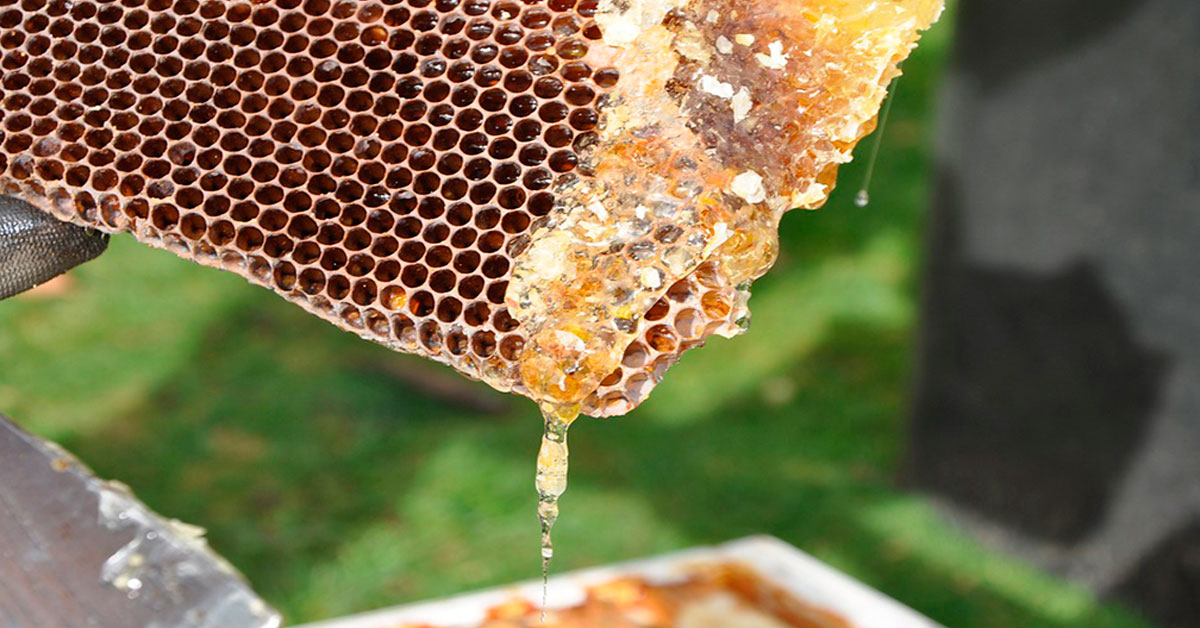
In today's article we are going to tell you the story of the Beekeepers' Association of Eivissa and Formentera, which promotes the integral development of beekeeping and watches over the quality of Ibiza's authentic honey.
This association was set up in 1989 with the main objective of fighting against one of the main parasites that decimates the bee colonies on Ibiza, namely Varroa destructor.
Today the Eivissa and Formentera Beekeepers' Association focuses on the recovery of the native bee, the characterisation of Ibiza's honeys through pollen analysis, the implementation of apitourism routes, the creation of a beekeeping farm-school, and the development of a PGI for Ibiza honey.
Ibiza honey, a unique honey
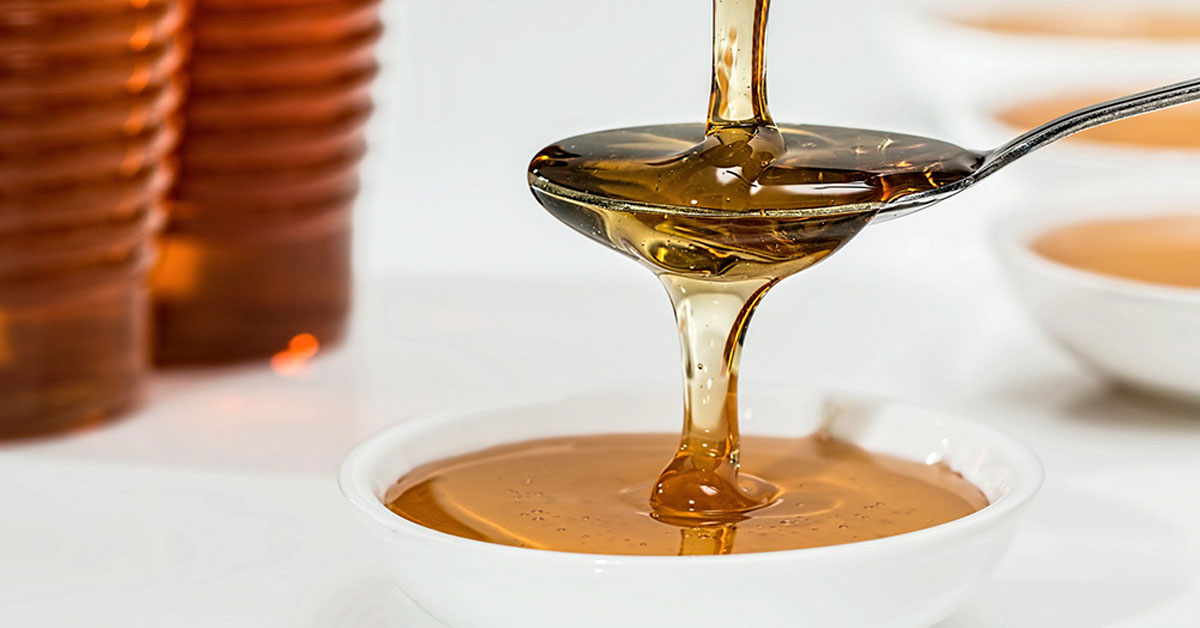
Como bien explica Vicent Marí, presidente de la asociación desde 2016, "miel como la de Ibiza no hay; es única y singular por sus parámetros físico-químicos y porque debido a su alta demanda tiene un contenido hidroximetilfurfural muy bajo, que es lo que cataliza los parámetros químicos de la miel, y una diastasa muy alta".
La miel de Ibiza también es especial en cuanto a la cantidad de polen que contiene. Así, para que una miel sea considerada monofloral debe tener un 51% de polen proveniente de la planta (romero, tomillo o algarrobo, por ejemplo) y algunas de las mieles de Ibiza tienen resultados mucho más altos.
La miel producida en Ibiza se recoge solamente dos veces al año. En verano, la recolección es de miel multifloral (incluyendo flores de tomillo) que se caracteriza por ser dorada, transparente y extraordinariamente aromática, muy fluida y no cristaliza. En cambio, en invierno, la miel recolectada es de romero y brezo.
The objectives of the Beekeepers' Association
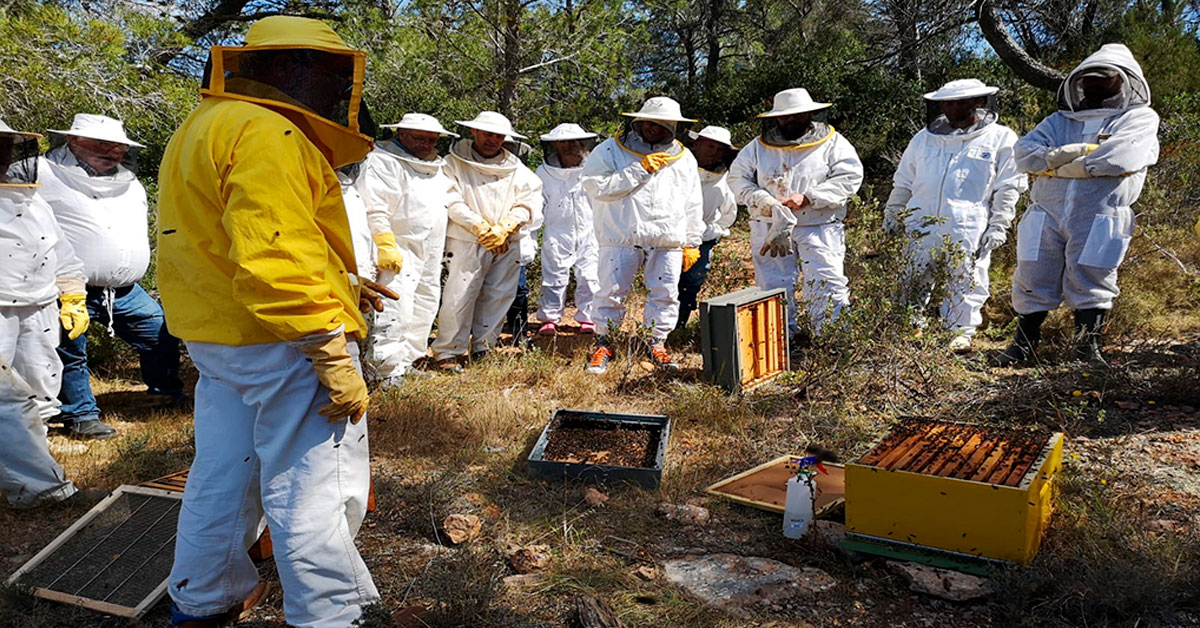
The important work of the Beekeepers' Association of Eivissa and Formentera is framed in the following main goals:
- To promote the integral development of beekeeping in all fields.
- To improve the technical beekeeping training of its members and all beekeepers in general.
- To make society and institutions aware of the importance of bees in the development and conservation of ecosystems and the environment due to their pollination work.
- To ensure the quality of bee products and inform consumers of their advantages and characteristics.
- To support the marketing of honey.
In the same way, they also promote beekeeping research by collaborating with external entities (including those related to our native bee, Apis mellifera iberica), contributing to the recovery of ecosystems and implementing sustainable trade policies.
Protected Designation of Origin for Ibiza Honey
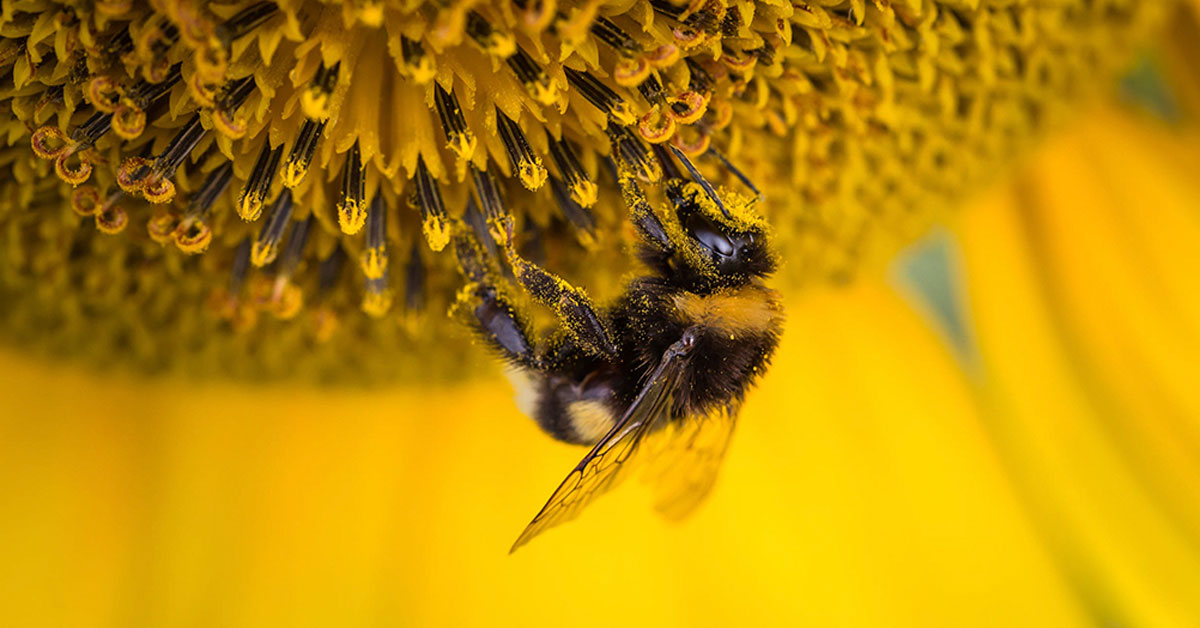
After this local delicacy was added to the catalogue of traditional Balearic foods this summer, the next important step for Ibiza's honey is to obtain the Protected Designation of Origin (PDO).
As reported in a report in Periódico de Ibiza, in the documentation process to present Ibiza's honey as a candidate for the PDO, "almost 2,500 surveys have been carried out among people in places such as food markets, local produce markets in villages, cooperatives and shops, and a study of supply and demand has been carried out".
"In this sense, 78.5% of retailers sell Ibiza honey in their establishments and 60.45% of the honey consumers interviewed consumed Ibiza honey," the media report states.
You can find more information about the Beekeepers' Association of Ibiza and Formentera on its page in our directory of local products. Click here to access.







